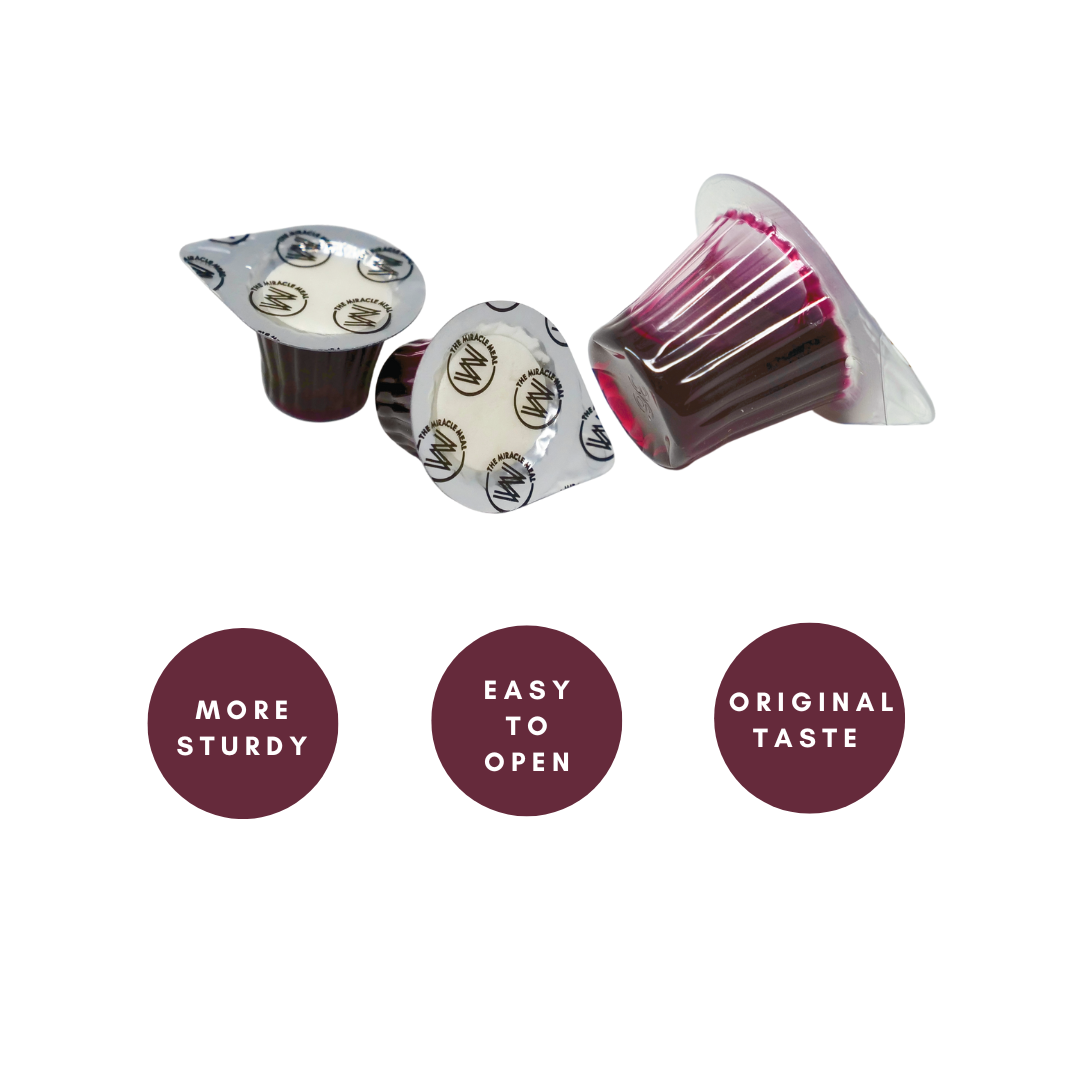Do Pre-filled Communion Cups Meet Religious Standards?
Many churches today are looking for more convenient ways to serve the Lord’s Supper. With new products on the market, you might be wondering if these items truly uphold the sanctity and reverence of traditional communion. Let’s explore how they fit into longstanding faith traditions without sacrificing what makes this holy observance so meaningful.
In this article, we’ll examine the standards that give Communion its significance and how those expectations apply to the advent of ready-to-use cup solutions. By understanding both historical and contemporary perspectives, you can see whether these modern preparations remain faithful to core spiritual principles.
Understanding Sacred Traditions
The celebration of the Lord’s Supper has long been anchored in a belief that it should reflect Christ’s final meal with His disciples. The sanctity of the elements—whether bread and wine or wafer and juice—centers on scriptural precedent and doctrinal teachings. Many believers wonder if ready-to-serve communion elements truly measure up to the demands of faith traditions.
Historically, churches have baked their own bread or used locally sourced wine to emphasize the authenticity of the sacrament. This commitment reinforced the notion that fresh, untainted ingredients preserved the purity of the rite. With the introduction of individualized containers, congregations now weigh whether the convenience aligns with the importance placed on carefully preparing the elements.
The question of whether pre-sealed cups meet spiritual guidelines is largely guided by the belief that the heart of Communion lies in remembrance, faith, and communal unity. Many churches maintain that as long as the congregation approaches the Lord’s Supper with reverence, the method of presenting the elements does not undermine the profound spiritual experience at the center of this observance.
Practical and Ethical Considerations
In practical terms, utilizing sealed communion cups solves many logistical concerns often encountered with traditional serving methods. Large gatherings and missionary settings benefit from having hygienic, single-serving cups that can be distributed quickly. Additionally, individuals who find it difficult to hold or pass around larger vessels may easily manage these compact, self-contained servings with minimal physical effort.
Beyond convenience, ethical concerns also come into play. Reducing waste through recyclable packaging is an environmentally responsible choice, reflecting the care and stewardship of God’s creation. There is also no need for preparation, eliminating possible spoilage or contamination of bread or juice. For example, The Miracle Meal’s pre-packaged cups have a one-year shelf life, guaranteeing a consistently fresh and high-quality product.
Another aspect relates to minimizing noise or disruption during a solemn moment of worship. Traditional plates and cups can clatter, especially in larger church venues. Modern cups that are designed for a quieter opening help preserve the reflective atmosphere of the Lord’s Supper. From an organizational standpoint, these factors suggest that embracing sealed portions can be a thoughtful adaptation rather than an abandonment of tradition.
Exploring Spiritual Validity
For those who consider partaking in the sacrament essential, the question often arises whether sealed wafer-and-juice containers comply with religious guidelines. Many pastors and church leaders emphasize that the essence of the practice is unity with Christ and with one another. If the packaging supports a meaningful, prayerful encounter, many denominations consider it an acceptable way to provide the elements.
Still, certain church communities may uphold stricter traditions, preferring wine over juice or freshly baked bread instead of a wafer. They might view modern, unified servings as too commercial or impersonal. However, other denominations focus on the inward grace that Communion symbolizes, seeing the outward form as secondary. This perspective allows worshipers to concentrate more on genuine devotion than the vessel used.
This explains why a growing number of churches accept single-serve elements as being in harmony with the reverential spirit of Communion. Does offering individually wrapped cups align with the spiritual expectations of such a sacred practice? In many instances, the answer is yes, with numerous congregations finding deeper engagement when there is less concern about hygiene, distribution, and preparation details.
Conclusion
Ultimately, honoring the spirit of the Lord’s Supper comes down to commemorating the sacrificial love and unity that the meal represents. Whether one sticks to long-held methods or adopts a more modern approach, the core issue remains the depth of reverence and remembrance that believers bring to this sacred ordinance.
If you’re ready to simplify the celebration of Communion, explore our online shop for pre-filled, pre-packaged communion cups. We at The Miracle Meal have designed our cups with practicality, respect, and quality in mind, ensuring that you can stay focused on the heart of worship.




